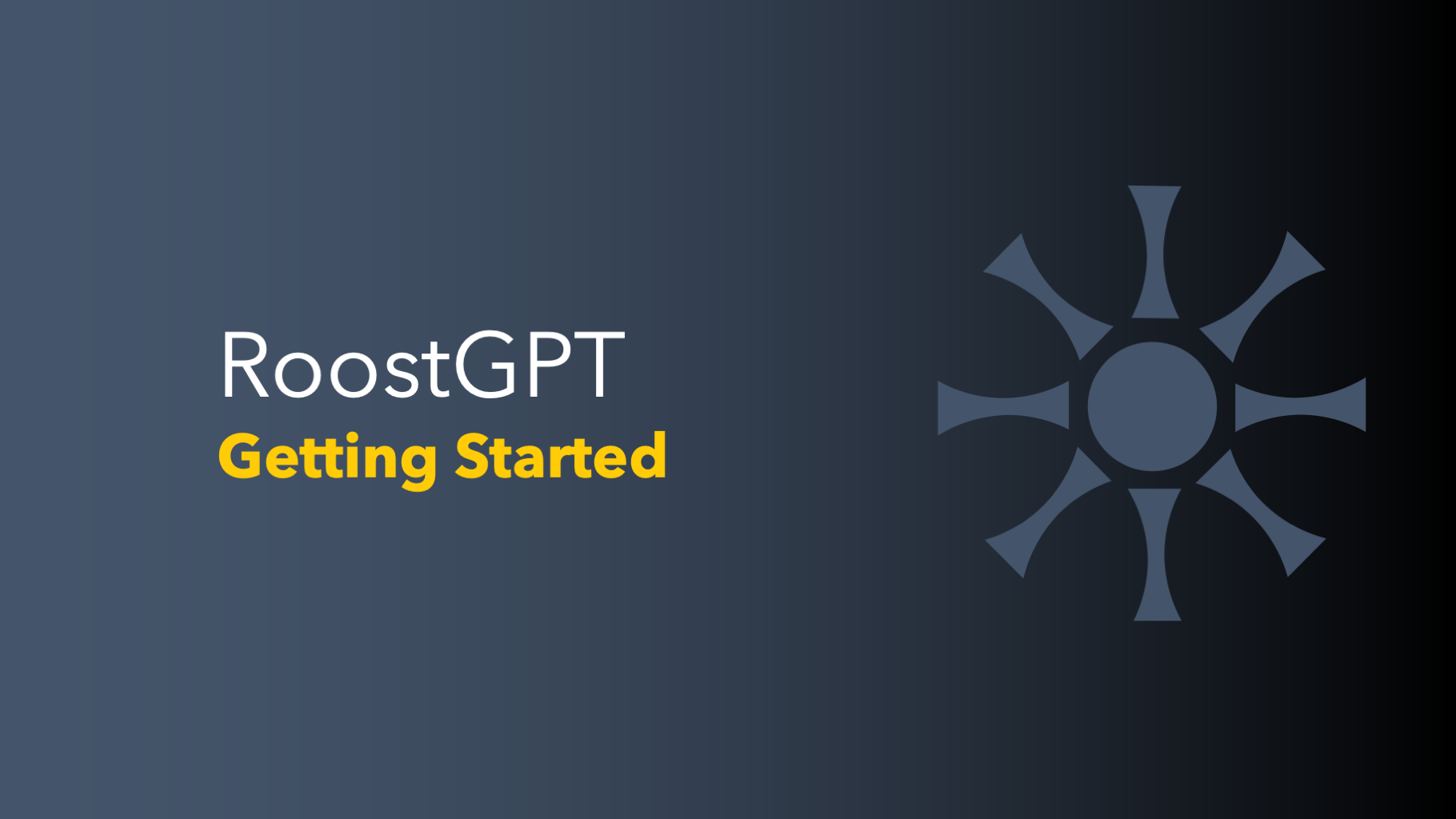<< Previous Edition: When code becomes a cattle
Organizations persistently seek to harness tribal knowledge, an invaluable yet elusive resource deeply embedded within the minds of essential personnel. The acquisition of this knowledge proves intricate, heavily dependent on the unique insights gleaned through hands-on problem-solving and the intricate network of relationships cultivated both within and beyond the confines of the organization. Consequently, employees often exhibit reluctance in relinquishing this precious intellectual capital, while organizations grapple with the potential repercussions of failing to capture it in the event of a key employee's departure or retirement.
The Challenge with Large Language Models
You might wonder why I'm discussing this and its relevance to our main topic, namely large language models (LLMs) and generative AI. My view is that LLMs have not yet successfully captured tribal knowledge. In my view, large language models (LLMs) have only harnessed the information that is already accessible
This prompts a tangential question about the extent of global knowledge documented on the World Wide Web versus what remains unrecorded.
In addition, the purpose of reinforcement learning from human feedback (RLHF) isn't necessarily to bridge the existing knowledge gaps but rather to enhance the precision of the knowledge that has already been collected.
This introduces a thought-provoking implication: foundational or generative AI agents are unlikely to surpass human capabilities or pose a threat to human autonomy without integrating this tribal knowledge. Could this be the key to maintaining a balanced relationship between humans and AI?
Understanding the Barriers
The comprehensive capture of tribal knowledge is hindered by a multitude of challenges. One of the primary obstacles is the sequential nature of knowledge transmission, where advanced insights are gradually revealed over time and may not be readily accessible to the general public. This incremental unfolding of knowledge can make it difficult for LLMs to acquire the most cutting-edge information.
Moreover, some elements of knowledge may contradict or deviate from the prevailing narratives and ideologies of modern society. These unconventional or controversial perspectives are less likely to be documented or acknowledged, as they may be suppressed or overlooked in favor of more widely accepted ideas. This can lead to a bias in the knowledge that is captured and disseminated.
Another significant barrier is the reluctance of individuals possessing specialized knowledge to share it. This reluctance may stem from various factors, such as personal motives, a desire to maintain exclusivity, or concerns about the potential misuse of their expertise. Some individuals may view their knowledge as a valuable asset and may be hesitant to relinquish control over it.
A Two-Pronged Solution
Setting aside the fears related to the potential risks of empowering AGI through the capture of tribal knowledge, let's focus on how we can effectively incorporate this valuable knowledge into LLMs. To achieve this goal, a two-pronged approach targeting both the supply and demand aspects is necessary. On the supply side, we need to create compelling incentives for knowledge holders to share their insights. These incentives could include:
-
Formal recognition within their field of expertise, enhancing their professional reputation.
-
Financial compensation or rewards for their contributions, acknowledging the value they bring to the table.
-
Opportunities for collaboration and networking with other experts, fostering a sense of community and shared purpose.
-
Robust measures to ensure proper attribution and protection of their intellectual property rights.
By offering a combination of these incentives, we can encourage knowledge holders to actively participate in the development of LLMs and contribute their unique expertise.
On the demand side, the key challenge lies in the current tendency of LLMs to provide a single, often politically correct answer. However, the real focus should be on delivering personalised responses that cater to the specific needs and preferences of the user.
Conclusion
In life, most things are a mixed bag, and our inability to capture tribal knowledge is no exception. While there may be certain benefits to not providing all the knowledge needed to accelerate AGI development, I believe that the advantages of capturing tribal knowledge in LLMs far outweigh any such fears.
Currently, LLM vendors are primarily focused on striking partnerships with large platforms like Reddit, which contain vast amounts of data. However, they are not directing their attention towards the individuals who have enriched these platforms and possess a wealth of knowledge that they have not yet shared. This untapped resource represents a significant opportunity for LLMs to expand their knowledge base and provide more comprehensive and nuanced responses to user queries.
By actively engaging with these knowledge holders and creating incentives for them to share their expertise, LLM vendors can unlock a new level of understanding and insight. This approach not only benefits the development of LLMs but also promotes a more inclusive and collaborative environment, where individuals feel valued for their contributions.



